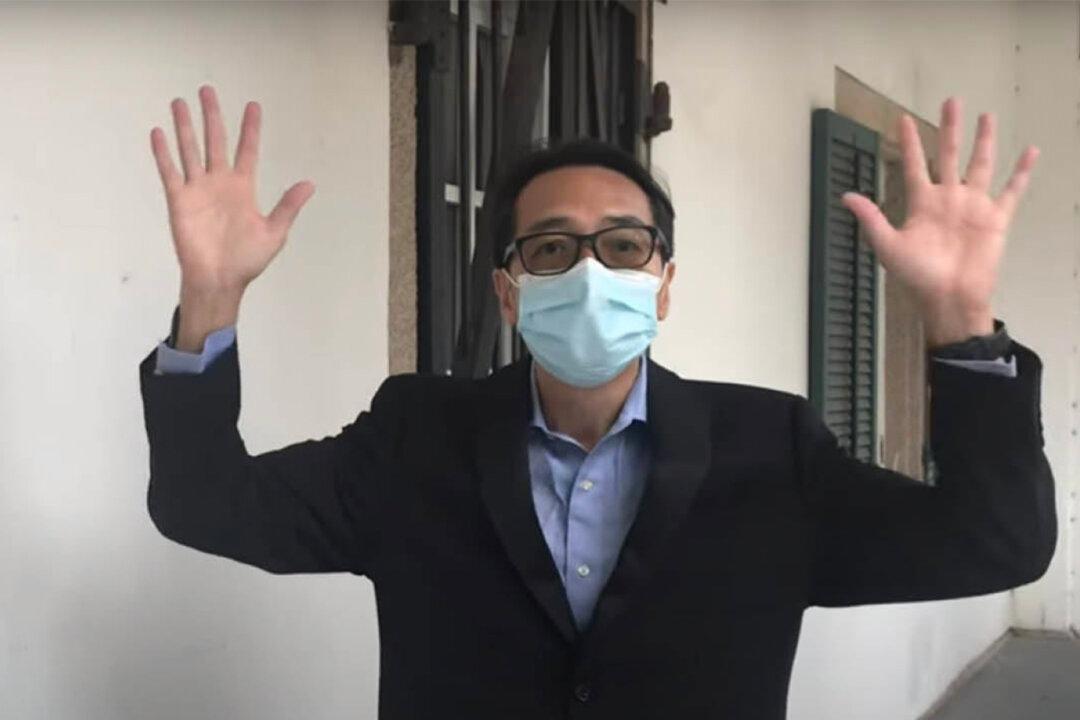The Chinese University of Hong Kong (CUHK) released a report which showed that Hong Kong’s children and adolescents perform poorly in overall physical activity and obesity compared to those from other locations worldwide.
Children and adolescents’ development is always a hot issue of global concern. The three-year pandemic has especially made a significant impact on children and adolescents, which must not be overlooked.




